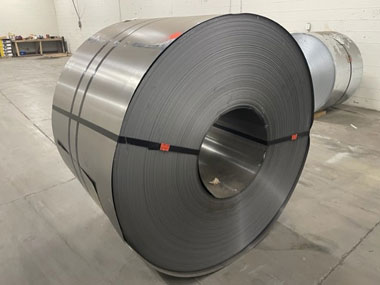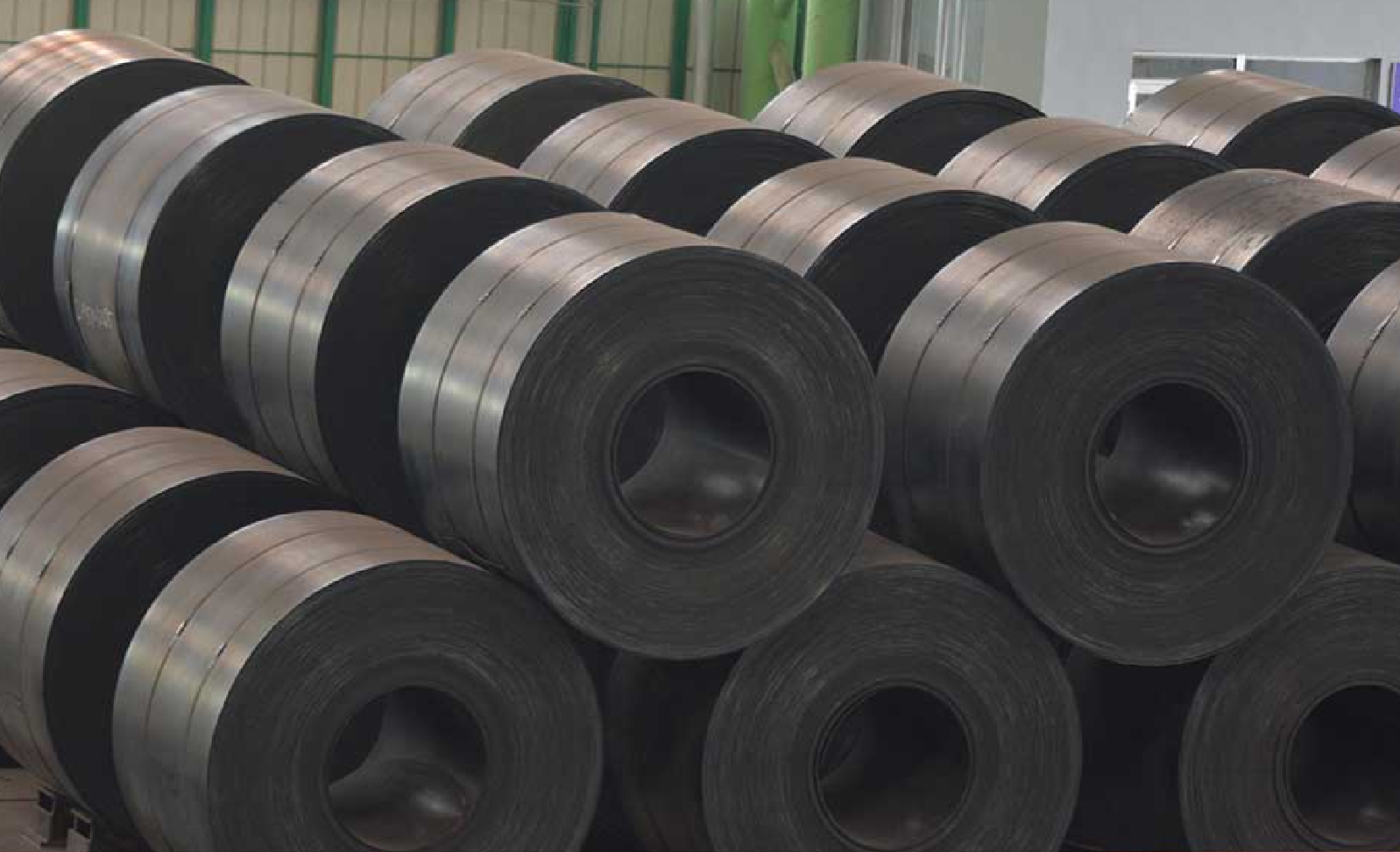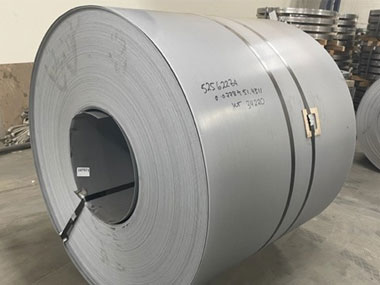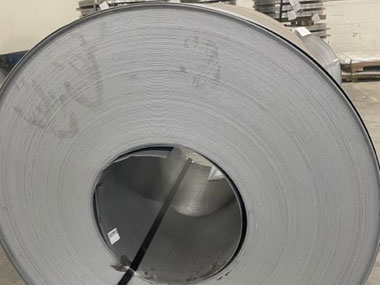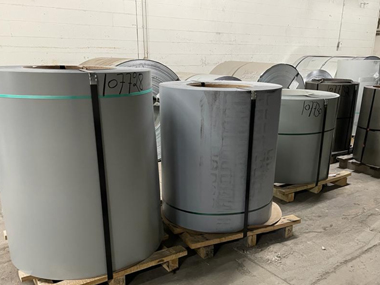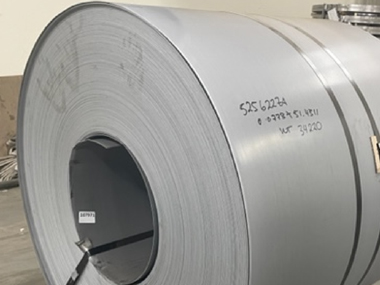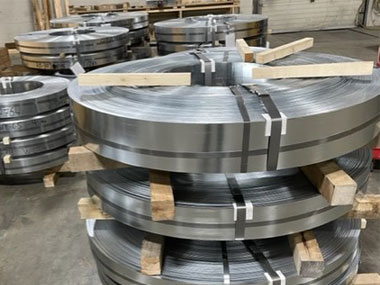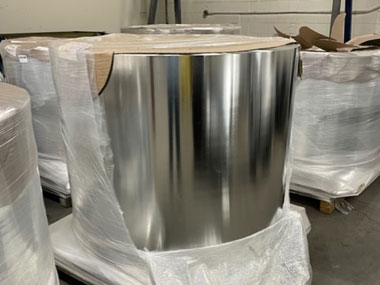COLD-ROLLED COILS
Cold-rolled coils are essentially steel products made by cutting sheet-by-sheet plastic deformation of hot-rolled steel on cold-rolling mills. The main features of cold-rolled coils include accurate dimensional tolerances, enhanced mechanical properties, and better surface quality than hot-rolled sheets. Cold rolling also makes it possible to...




